Modern Treaty Implementation Research: Strenghtening our shared future
Modern treaties are agreements that describe aspects of the relationship between Canada and Indigenous signatories. They describe Indigenous rights to land ownership, land use, land governance, self governance, and measures such as monetary compensation in exchange for sharing Indigenous lands with settler Canadians.
Policies on which modern Treaty negotiations are based are biased against Indigenous peoples. Until very recently, Indigenous signatories were forced to “cede, release, and surrender” and “extinguish” their rights to traditional territories. This goes against the way Indigenous peoples see themselves and function culturally as being part of their lands. It also goes against the United Nations Declaration on the Rights of Indigenous Peoples.
Modern Treaties are difficult to negotiate, and have proven difficult to implement. The impacts of these problems are significant and wide-ranging for Indigenous governments and Indigenous communities.
Since 2014, the Land Claims Agreements Coalition (LCAC) Research Group has worked to determine an approach to gathering evidence that will assist policy makers in improving Modern Treaty implementation. During a conference in Ottawa in 2015, representatives of LCAC members; federal, territorial and provincial governments; and academics gathered to identify needs for implementation research. Five theme areas were identified: financing, law, intergovernmental relations, lands, and wellbeing.
Chercheur principal
Irlbacher-Fox, Stephanie
Cochercheurs
- Rodon, Thierry
- Papillon, Martin
Financement
Partenariat
CRSH
2017-04-01 - 2024-03-31






